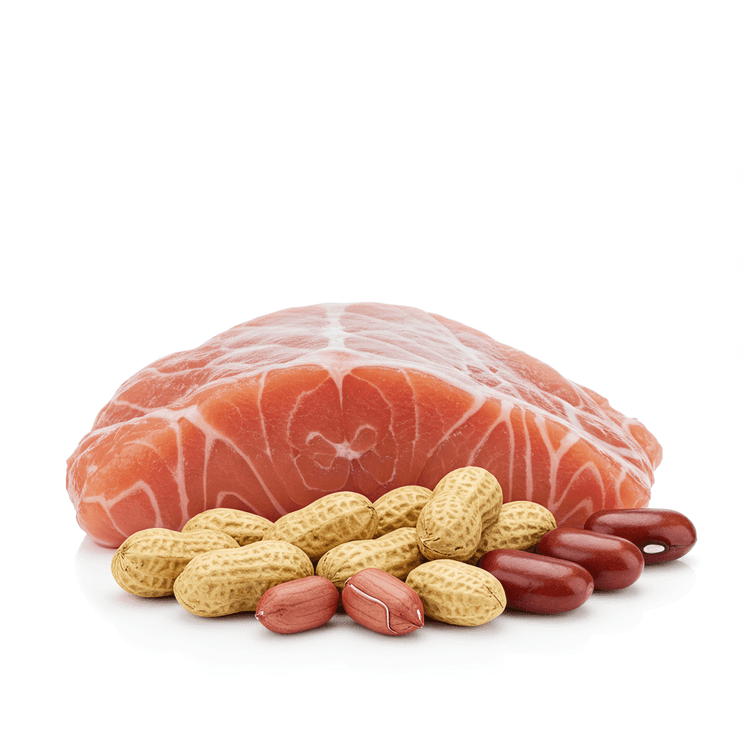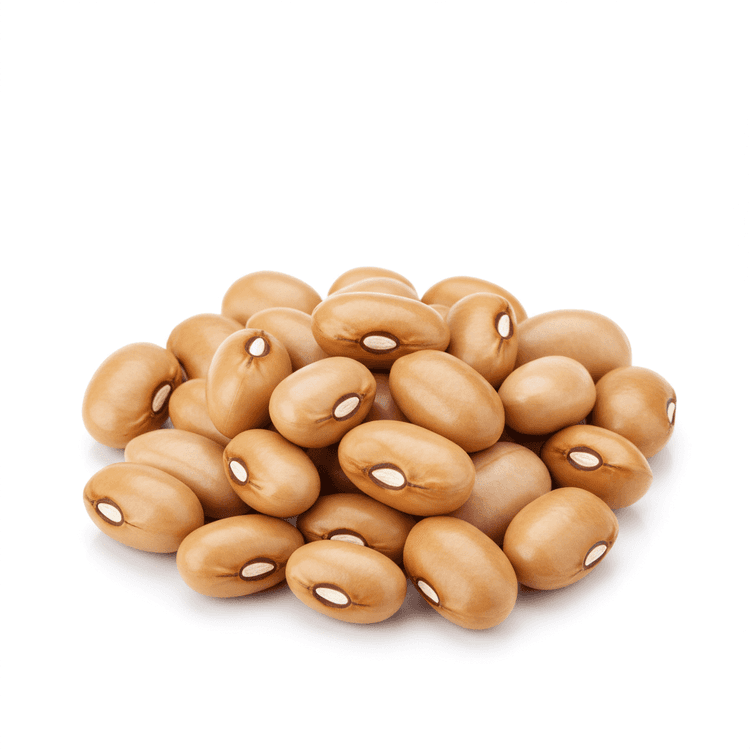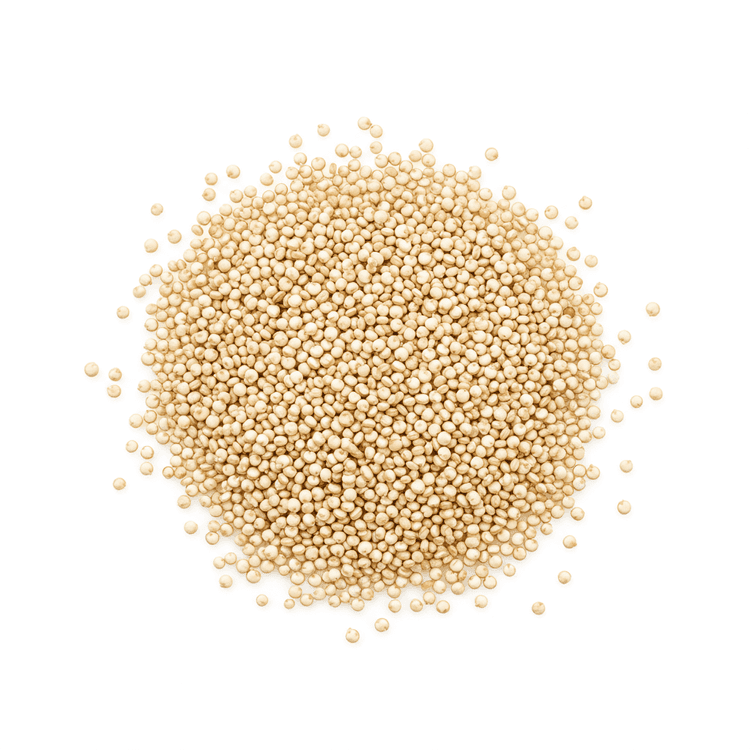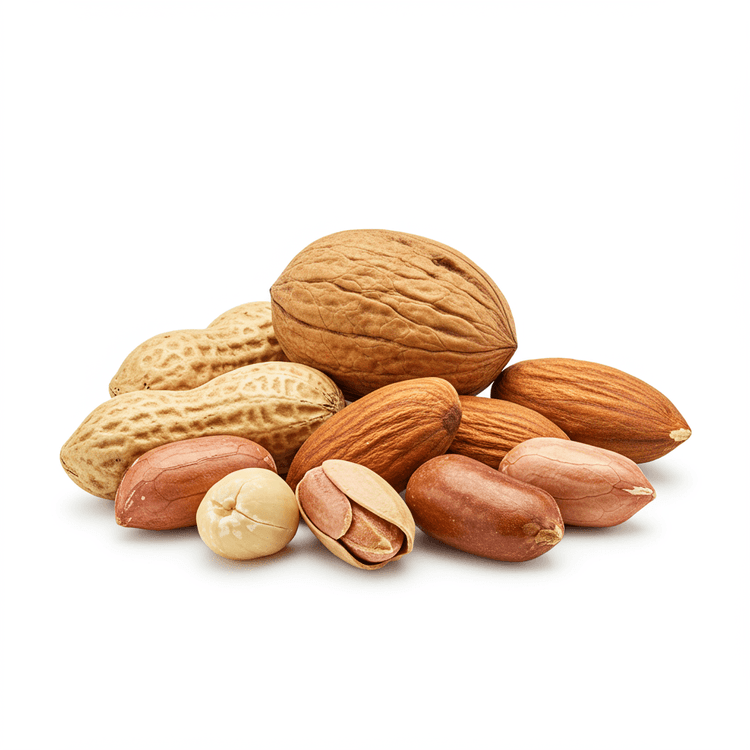
Protein
Protein is an essential macronutrient vital for building and repairing tissues, making enzymes and hormones, and supporting overall bodily functions. It's found in a diverse range of foods, both animal and plant-based. Common sources include meat, poultry, fish, eggs, dairy, beans, lentils, nuts, and seeds. Different protein sources offer varying amino acid profiles; therefore, a balanced diet ensures you obtain all the essential amino acids your body needs. It is often described based on its source and its function such as whey protein, soy protein, pea protein and in general it is crucial for muscle growth and repair, and a feeling of fullness, assisting with weight management.
Common Uses
- Protein plays a crucial role in building and repairing muscle tissue after exercise. Incorporating protein-rich foods or supplements into your post-workout routine can significantly aid muscle recovery and growth. This is especially important for athletes and individuals engaging in regular physical activity.
- Protein contributes to satiety and helps manage hunger, making it a valuable component of weight management strategies. Protein-rich meals can keep you feeling fuller for longer, reducing the likelihood of overeating or snacking on less nutritious options.
- Enzymes and hormones are made of protein, therefore including it in your diet helps regulate many bodily functions. Enzymes catalyse chemical reactions essential for digestion, metabolism, and immunity, while hormones regulate processes such as growth, development, and reproduction.
- Protein assists in supporting a healthy immune system. Antibodies, which are essential for fighting off infections, are made of proteins. Adequate protein intake ensures your body can produce enough antibodies to effectively defend against illness.
- Plant-based proteins such as soy, quinoa, and lentils are used to prepare vegetarian and vegan dishes such as burgers, tofu scrambles, and lentil soup. These proteins offer nutritional benefits and texture comparable to meat-based dishes.
Health Benefits
- Supports muscle growth and repair, essential for maintaining strength and physical function.
- Aids in weight management by increasing satiety and boosting metabolism.
- Crucial for producing enzymes and hormones, vital for various bodily functions.
- Boosts the immune system by providing the building blocks for antibodies.
- Helps maintain healthy bones by contributing to bone density and strength.
Substitutes
Chefadora AI is here.
Experience smarter, stress-free cooking.
Storage Tips
Protein sources vary widely, so storage depends on the specific item. Meats, poultry, and fish should always be refrigerated promptly and used within a few days, or frozen for longer storage. Eggs should be refrigerated in their original carton. Dry beans, lentils, and nuts should be stored in airtight containers in a cool, dry place. Protein powders should be stored in a cool, dark, and dry place, tightly sealed to prevent moisture absorption.
Marnirni-apinthi Building, Lot Fourteen,
North Terrace, Adelaide, South Australia, 5000
Australia





